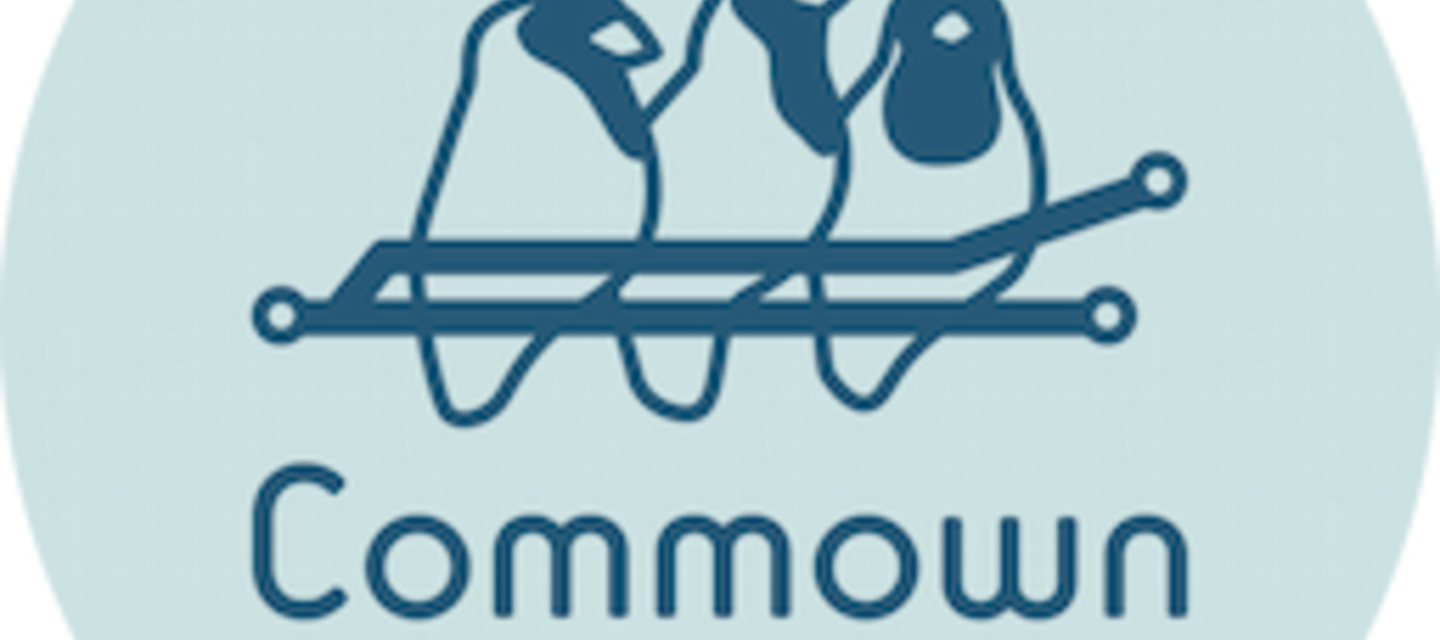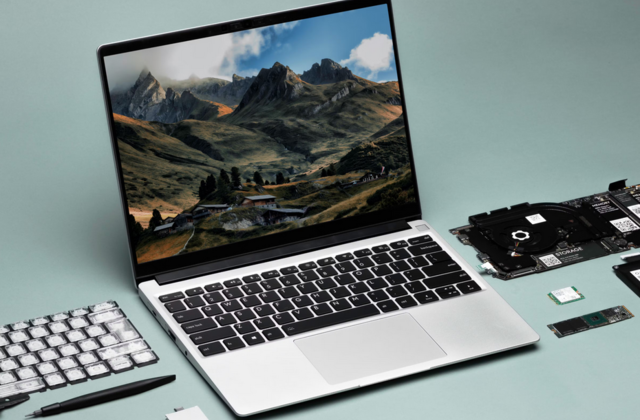What is it? Commown offer a rental service for sustainable electronics to both individuals and businesses. Set up as a cooperative, they encourage long lifetimes by offering support services and reducing rental fees with longer use.
Why is this important? Digital technology is estimated to be responsible for almost 4% of global greenhouse gas emissions (FairTEC, 2022). Around 1.4 billion smartphones are sold each year (FairTEC, 2022) and oftentimes replaced before their technical obsolescence, with the average lifespan of a smartphone declining to approximately 12 months (Haucke, 2018). Of those no longer wanted phones, only 15% are reused or recycled (FairTEC, 2022). A product-as-a-service system can extend product lifetimes by encouraging repair, reuse and more careful use.
Main resource strategy: Slowing the loop through renting out sustainable electronics and providing support services to the customers.
Other resource strategies: Narrowing the loop by enabling higher use rates of items through renting them out and reusing them between customers.
Business model aspects:
- Value Proposition: Commown offer sustainable electronics rental to both private customers and businesses. Focusing on France, Belgium and Germany (as of September 2022), the cooperative provides their users with sustainable, long-life electronics (smartphones, computers, laptops, headphones) and the service for repair and replacement to accompany it (Commown, 2022b).
- Value Creation & Delivery: Commown work with electronics producers to offer sustainable devices to rent to their users. In addition to renting out equipment and providing support services, Commown also actively partner with other organisations to promote sustainable electronics, such as in the FairTEC alliance (FairTEC, 2022).
- Value Capture: Users pay a rental fee for the devices they use. In order to promote product longevity and long use, the fee is staggered over time and decreases for users that use the items for several years (Commown Wiki, 2022b).
Strategies for degrowth/ sufficiency (based on sufficiency strategies from Niessen & Bocken, 2021):
- Awareness-raising & Question consumption: Commown communicate to their users to consume sufficiently and to reconsider the need to buy, for instance with a “Black Friday Survival Guide” (Commown, 2021).
- Green alternative: Commown only offer sustainable electronics for rental, focusing on reparability and product longevity. Brands they offer include Fairphone, Shift Phone and Gerrard Street.
- No ownership + Price incentive: Through their rental service for sustainable electronics, both private and business customers can access devices and the support service for both software and hardware. Additionally, Commown stagger their rental fees to encourage long use: when customers use the devices for longer, they pay lower fees (Commown Wiki, 2022).
Business model experimentation practices: Set up in 2018 in France, Commown has since expanded to offer its service to the German market in 2021. Initially set up as an association, Commown decided to set up under the cooperative structure following a large number of advance orders for their service. Over 3000 devices are rented out and in service in September 2022 (Commown, 2022a).
Sources:
Commown (2022). Home. Accessed 8 September 2022 at: https://commown.coop/
Commown (2022). FAQ. Accessed 8 September 2022 at: https://commown.coop/faq/
FairTEC (2022). Home. Accessed 8 September 2022 at: https://fairtec.io/en/
***
About project Circular X
Project Circular X is about ‘Experimentation with Circular Service Business Models’. It is an ambitious research project funded by the European Research Council (ERC) which supports top researchers from anywhere in the world. Project CIRCULAR X runs from 2020-2025. The project is led by Principal Investigator (PI) Prof Dr Nancy Bocken, who is joined by a multidisciplinary team of researchers at Maastricht Sustainability Institute (MSI), Maastricht School of Business and Economics, Maastricht University. The project cooperates with businesses who want to innovate towards the circular economy.
Project Circular X addresses a new and urgent issue: experimentation with circular service business models (CSBMs). Examples of such new business models include companies shifting from selling products to selling services and introducing lifelong warrantees to extend product lifetimes. However, CSBMs are far from mainstream and research focused on experimentation is little understood. The research aims to conduct interdisciplinary research with 4 objectives:
- Advancing understanding of CSBMs; their emergence and impacts
- Advancing knowledge on CSBM experimentation
- Developing CSBM experimentation tools
- Designing and deploying CSBM experimentation labs
Funding source
This project has received funding from the European Research Council (ERC) under the European Union’s Horizon 2020 research and innovation programme, grant agreement No. 850159.
Using this information
When you cite this publication, please use the following source:
Circular X. (2022) Case study: Commown - Cooperative for long-life electronics. Accessed from www.circularx.eu



